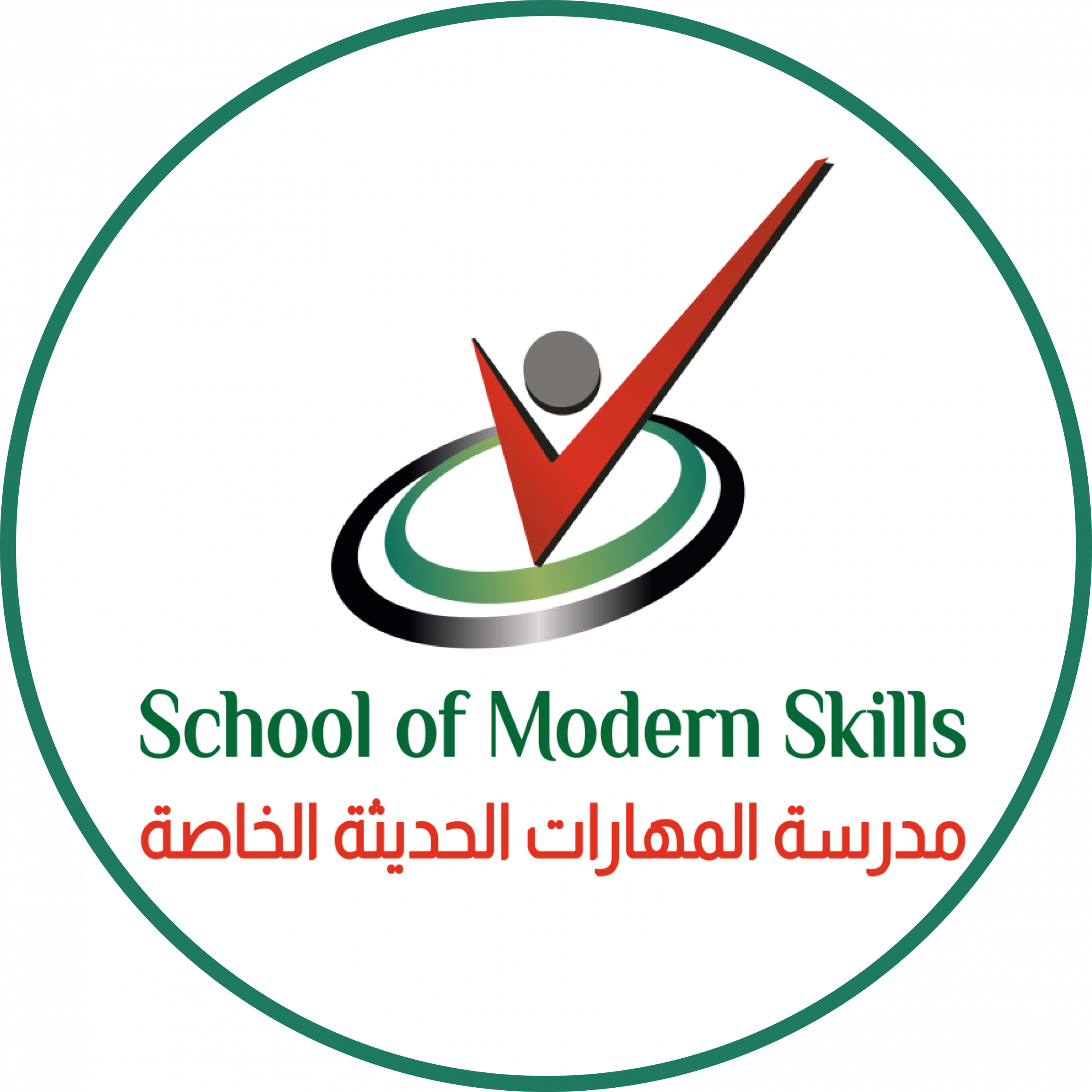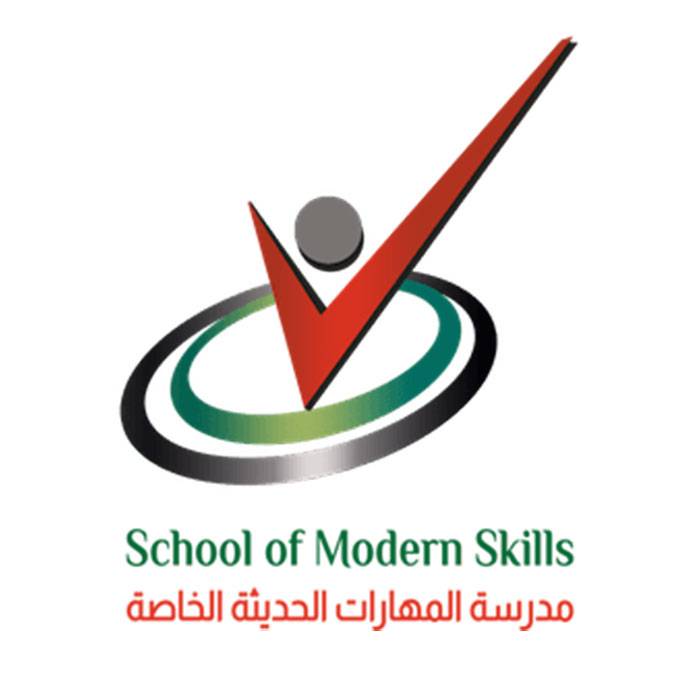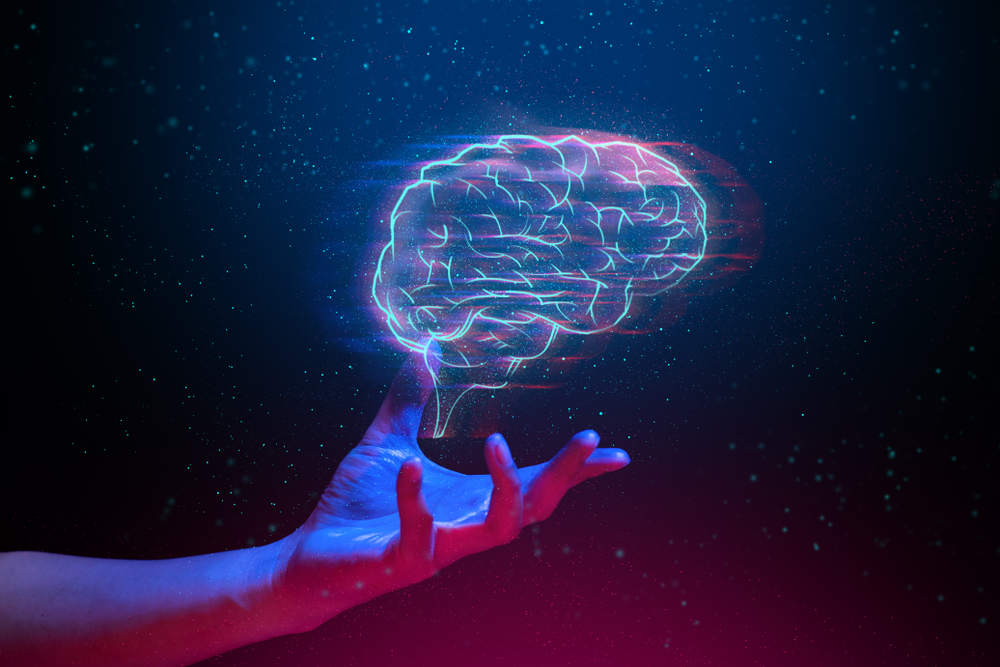
Technology is advancing at unprecedented levels, in particular, artificial intelligence has developed and increased in prevalence massively over recent years, adopting many uses across all sectors including the workspace, retail, healthcare, and education.
Across many sectors, the advancement of technology such as artificial intelligence has allowed organizations and businesses to extend their services and streamline current operations. The fact that artificial intelligence requires minimal human input means that certain tasks can be carried out solely by a computer, hence its efficiency being particularly appealing.
In terms of its advancement, artificial intelligence has in some cases surpassed the ability of the human brain in certain tasks and operations. Therefore, we must ask ourselves, can artificial intelligence beat the human brain?
To decipher a fair argument, it is important to establish the differences between artificial intelligence and human intelligence to gain a better understanding of exactly how artificial intelligence could be our future.
School for Modern Skills, based in Dubai, has adopted a solid ethos based on the values of technology, creativity, and innovation, allowing our students to experience a unique and motivating learning model. Get in touch with us today to learn more about our school.
Human Intelligence: Simplified
Human intelligence determines the intellectual ability of humans, therefore, allowing us to think, make decisions, gain understanding, and solve problems using cognitive and motor skills stored in our brains.
The human brain is astounding; storing thousands of memories, and clusters of knowledge and determining our personality and emotions. Essentially, the brain is the hub of our body. Storing emotions in different departments of the brain, the body is enabled by a string of emotions including motivation, passion, and drive- these emotions allow the brain to work and solve complex cognitive matters.
For example, the brain is responsible for communicating effectively with other people, solving mathematical problems, or making a decision. So how exactly can AI replicate these things?
What is Artificial Intelligence?
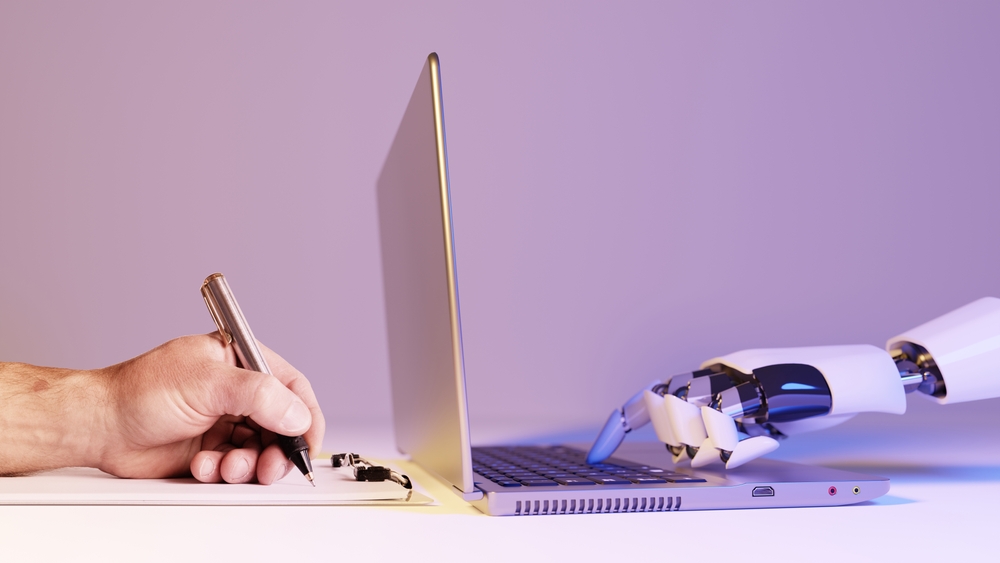
Artificial intelligence is a machine-based technology that emulates the human brain to carry out tasks that would typically require human input. Functioning using algorithms and data, AI uses natural language processing to decipher instructions and generate accurate results and responses each time it is instructed to do so.
Artificial intelligence can take on many forms including chatbots, robots, and machines to name a few. The multipurpose technology provides pioneering results across the many realms of its uses.
Emotional Intelligence and Empathetic Response
One of the key differences between artificial intelligence and emotional intelligence is that AI lacks a clear ability to provide emotional intelligence support. Humans have adopted the ability to understand emotion and regulate feelings. However, AI does not have the ability to do this effectively.
This means that the human brain has a better ability to provide tactful and empathetic support, whereas AI may provide responses and support that are deemed as more ‘robotic’. Therefore, AI lacks the functionality to provide empathetic responses in sensitive situations requiring extra empathy.
How Does AI and the Human Brain Compare Creatively?
Whilst artificial intelligence has exceptional problem-solving skills in order to provide mostly accurate responses, it may lack the same creative flair as the human brain. For example, if a writer intended to use AI software to write a story, it would lack the depth of emotion of a human-written story.
The human brain is capable of producing creative output through the adaptation of emotions, personal experiences, and feelings. On the other hand, artificial intelligence is based upon the use of analytics and data.
What is Artificial Intelligence Used For?
The uses of artificial intelligence are extensive and span across a large variety of different sectors including education, healthcare, business development, retail and hospitality, plus many more. Some of the key uses for artificial intelligence at present are as follows:
- Chatbots– Chatbots are possibly the most widely used form of artificial intelligence. The key software most people use would be ChatGPT, however many businesses are using chatbots to facilitate online customer service too.
- Personalized recommendations on social media– many social media platforms are using AI-powered algorithms to provide users with personalized ads and recommendations based on their interests and user history data.
- In the classroom– many educational facilities are using AI-powered learning platforms to provide their students with a more personalized and adapted way to learn, based on their needs and ability.
- Healthcare– across the healthcare sector, AI is being used for administrative and diagnostic purposes, attempting to increase efficiency and free up more valuable time with medical staff for patients.
- Automotive– AI has seen advancement in automobiles such as self-driven cars and advanced AI-powered in-car software.
- Banking– banks can use AI-led software to help maintain the safety of customer accounts using fraud detection software.
- Marketing– AI has helped marketing professionals to effectively analyze data on a large scale to determine the best marketing strategies to increase reach both in person and online.
Will Artificial Intelligence Replace Humans?
It is not thought that artificial intelligence will ever completely replace humans altogether, however, it will provide beneficial support across many sectors when used alongside human-led intervention.
Rather than being seen as a complete solution, it could be better to see artificial intelligence as an assistive tool in order to create a lighter workload for humans in complex jobs where time is of the essence. Not only this, but AI is so easily accessible in everyday life that anybody can access chatbots and tools such as ChatGPT for assistance.
In the present day and age, it is seen that we are already becoming reliant on AI in some aspects of life, mostly online, therefore, we should consider ways to use it to its full potential for maximum benefit, rather than putting our feet up and relying on it completely. By using AI as a tool rather than a solution, you are combining the forces of two powerful resources; the human brain and computerized intelligence software.
The realm of possibilities for the uses of AI is becoming extensive, meaning that everybody can benefit from its capabilities, but combined with human intelligence, artificial intelligence can become a strong tool to work in cohesion with humans possessing skills and passion for certain subjects. For instance, in the educational sector teachers can utilize AI teaching tools to their advantage to free up time to help students in other areas.
In Summary
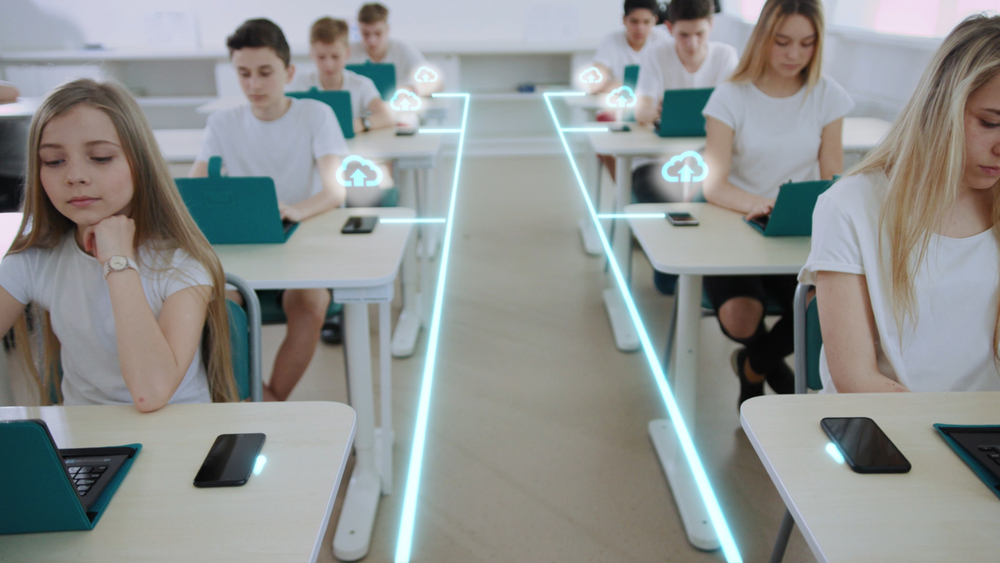
Since the emergence of artificial intelligence a debate has sparked over whether artificial intelligence is capable of beating the human brain. While AI is advanced and has strong problem-solving capabilities, human intelligence reinforces the requirement for empathetic responses, making solutions more personal and authentic.
It is thought that artificial intelligence is the ideal tool to increase adaptability and efficiency across a multitude of sectors, but it won’t be a long-term solution that will outdo human input altogether. Therefore, AI will not beat the human brain to an extent where human input is no longer a necessity.
School for Modern Skills
At School for Modern Skills we take pride in our exceptional teaching staff and modern facilities to create a high-quality learning environment for children who would benefit from a technology-led learning environment where the enjoyment of learning is just as important as academic success.
School for Modern Skills prides itself on a series of accolades:
- We have won two awards for innovation from EduTeach
- We have partnered with local universities to deliver AI education
- Sports facilities to accommodate extracurricular activity
- A full sustainability program
- An onsite IHub to allow our students to extend their knowledge base
- Health and safety, transportation, and medical facilities available for student comfortability
- We have participated in the Matatalap Robotics Competition with the scope to extend our own educational robotics program at SMS
If you’d like to learn more about SMS and our admissions procedure, get in touch with us today. We would be delighted to hear from you and assist in the next step of your child’s journey to academic greatness.
